From foot mats to AI chips: how does the accessories ecology of Xiaopeng reshape intelligent travel? In the intelligent travel track, Xiaopeng Auto is reconstructing the logic of the industry with the thinking of ‘accessories as ecology’. From the environmental innovation of a foot mat to the arithmetic revolution of the AI chip, its parts ecology has broken through the traditional supply chain, evolving into an intelligent system that is deeply bound to technology iteration and user experience.
The underlying logic of Xiaopeng’s accessory ecosystem begins with the precise capture of user pain points. To the foot mats, for example, traditional products due to poor quality materials, rough design leads to car odour, cleaning difficulties and other issues, while the Peng joint 3W, car Liyou and other brands launched the TPE full enclosure foot mats, millimetre fit through 3D scanning technology, the use of food-grade environmentally friendly materials to ensure that high-temperature exposure to the sun without odour, the colour blocking process and the design of fibre carpet to take into account both aesthetic and dirt resistance.
In the field of intelligent driving, Peng accessories ecological show ‘soft and hard synergy’ subversive. 2025 mass production of Turing AI chip with 40-core processor and dual NPU architecture, to achieve 30 billion parameters of the large model of the localised operation, arithmetic utilisation of up to 100%, a chip can replace three NVIDIA Orin X. The ultimate goal of the Turing AI chip is to achieve the same level of performance as the Turing AI chip.
The ultimate goal of the Peng parts ecosystem is to build a closed loop of ‘technology – manufacturing – service’. The ‘wall supply’ mode of Zhaoqing Parts Industrial Park compresses the response cycle of core parts such as LIDAR and battery modules to 4 hours, and with an annual investment of 3.5 billion yuan in AI research and development, it forms a positive cycle of ‘demand insight – technological breakthroughs – rapid mass production’. Positive cycle. For example, the X9’s zero-gravity seat and 6D anti-motion sickness algorithm are based on user feedback on MPV comfort, and redefine the standard of family travel through the iteration of accessories.
From foot mats to AI chips: how does Xiaopeng’s accessory ecosystem reshape intelligent travel? The competition for intelligent travel has shifted from the performance of the entire vehicle to the resilience of the ecosystem. When accessories are no longer isolated products, but become the carrier of technology iteration and the contact point of user experience, companies will hold the initiative to define the industry standard.

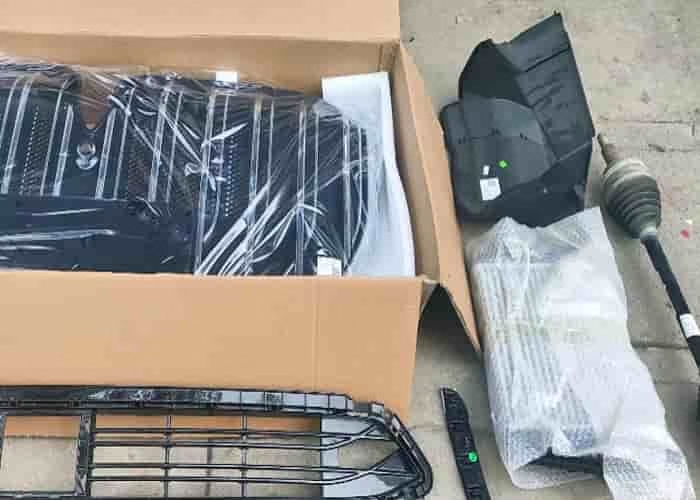
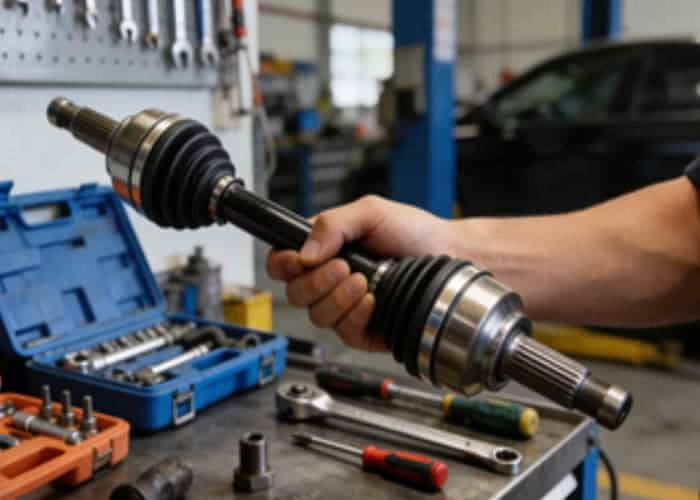
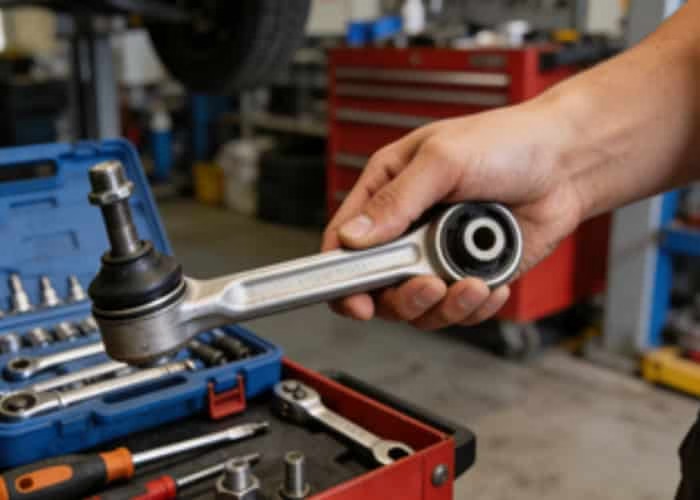
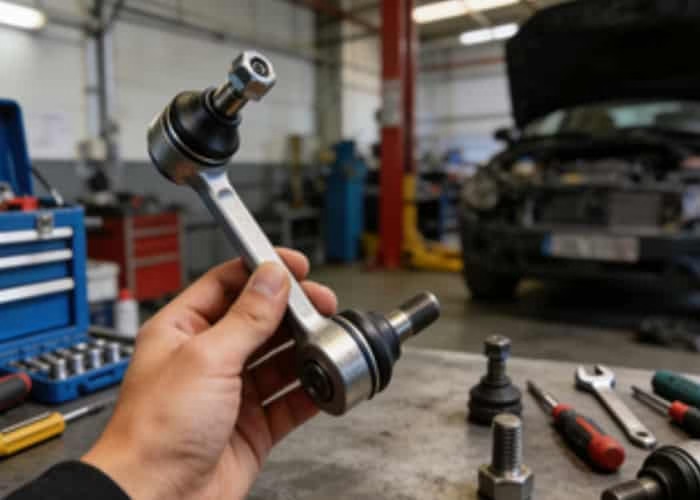
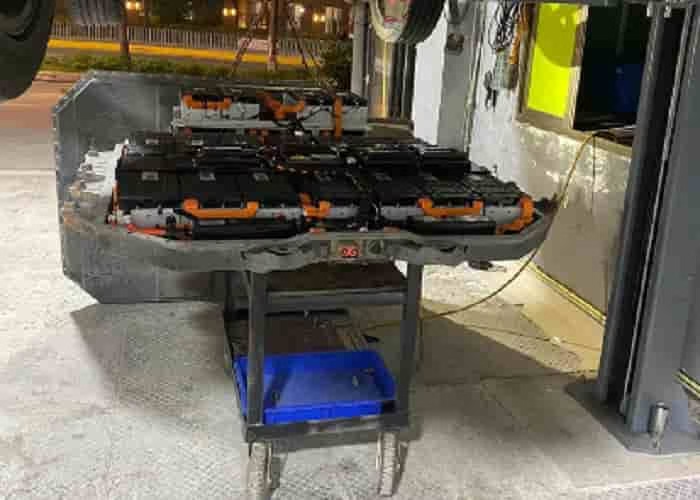
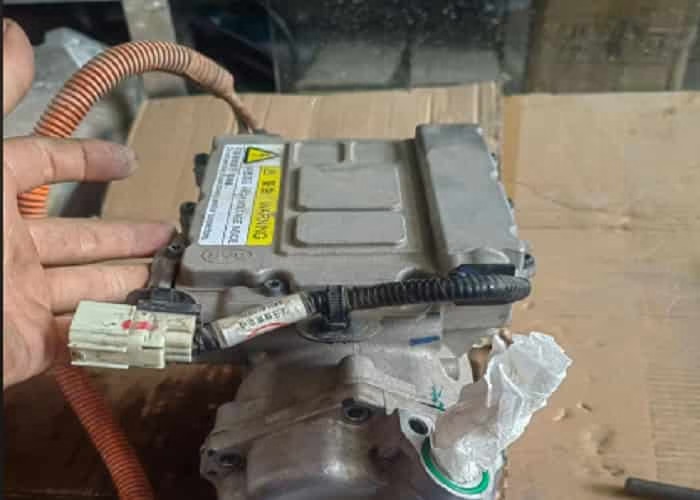
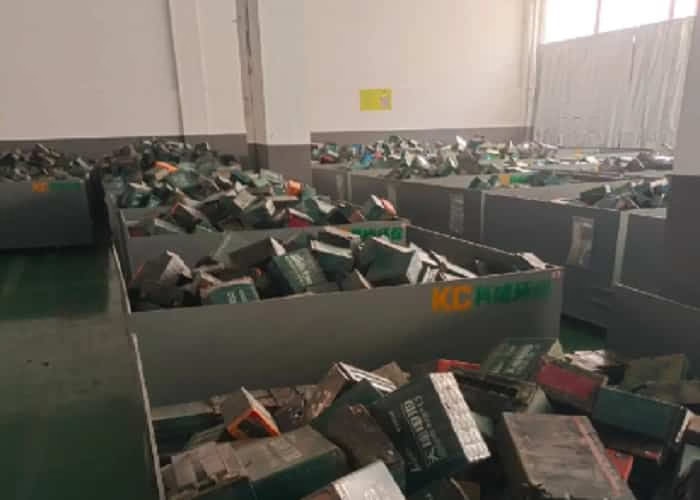
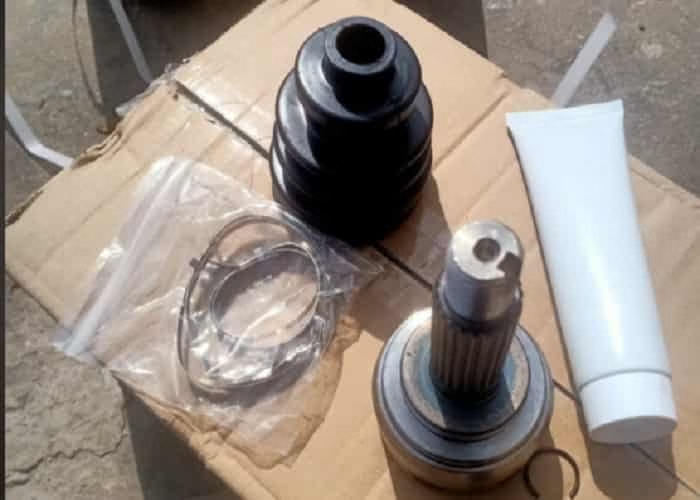
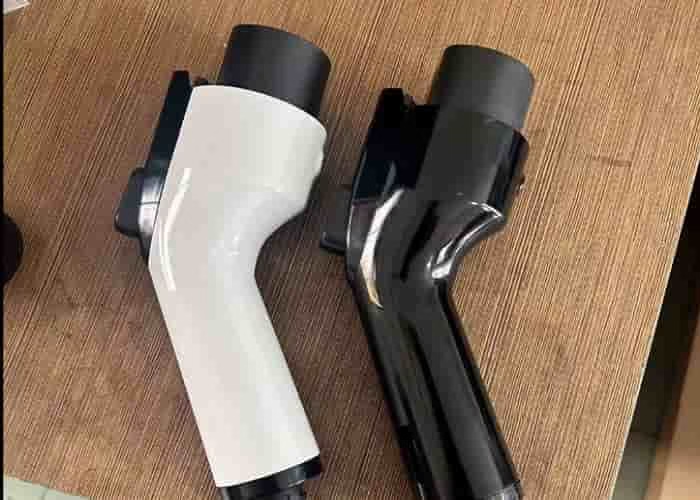
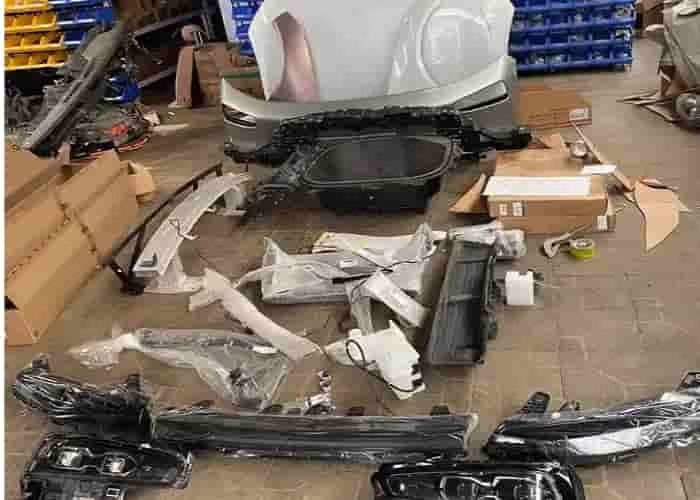
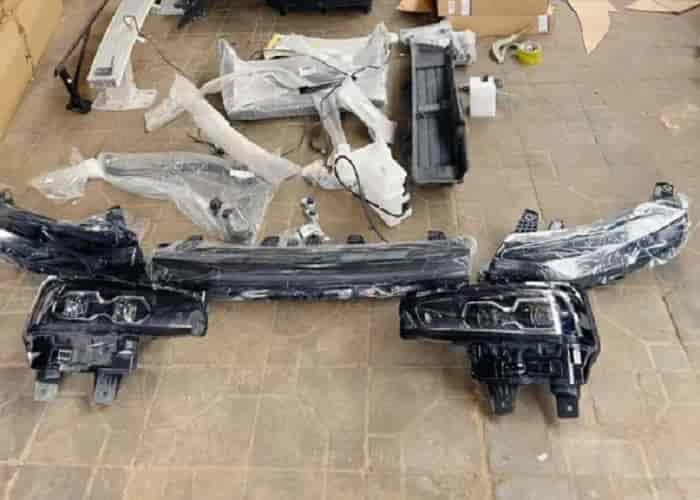
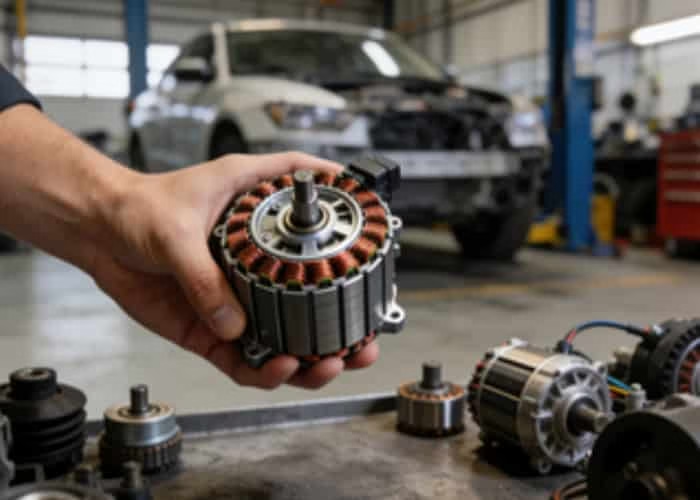
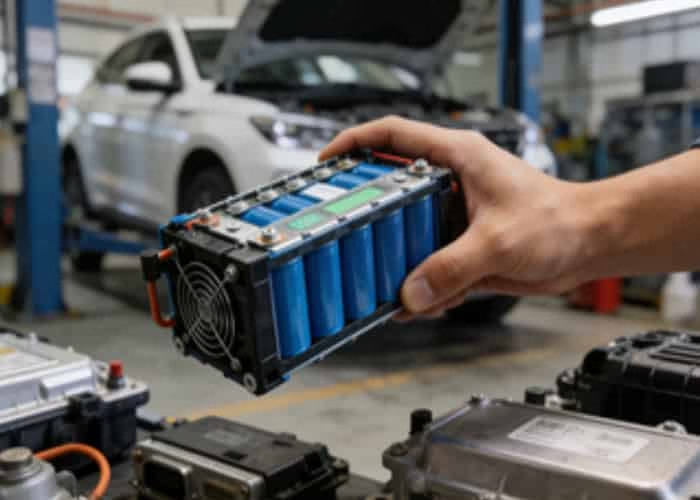
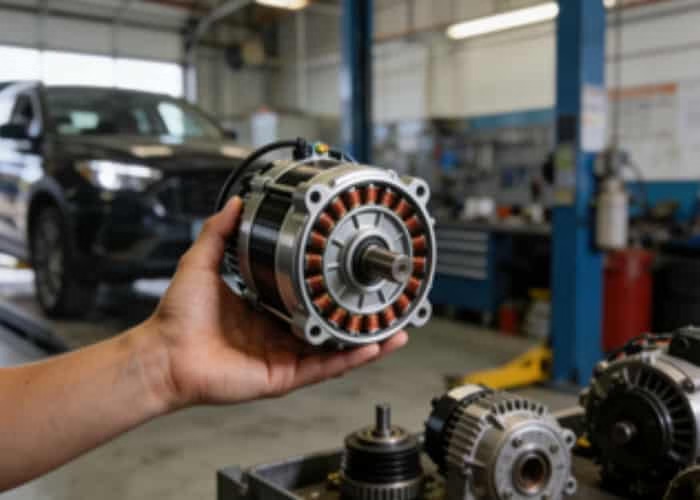
Leave a Reply